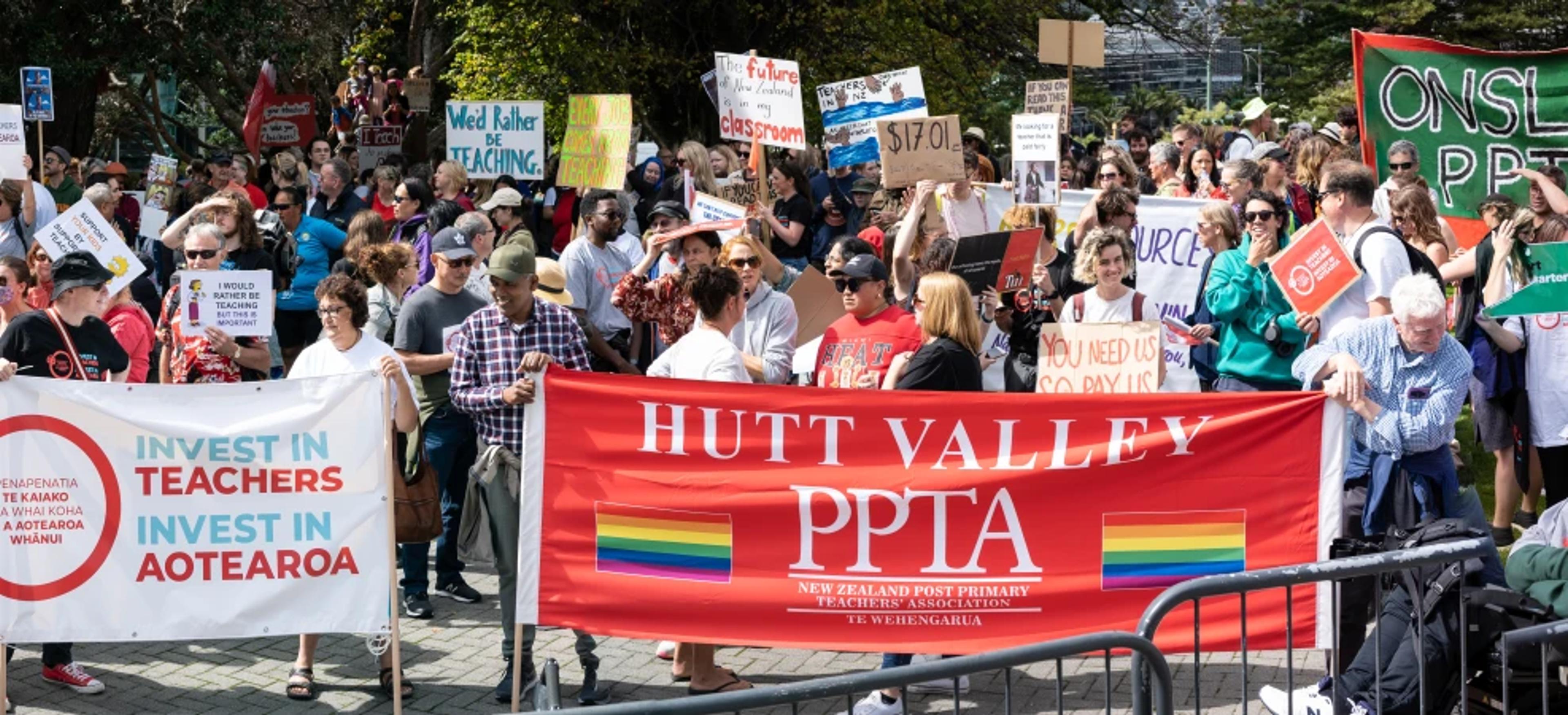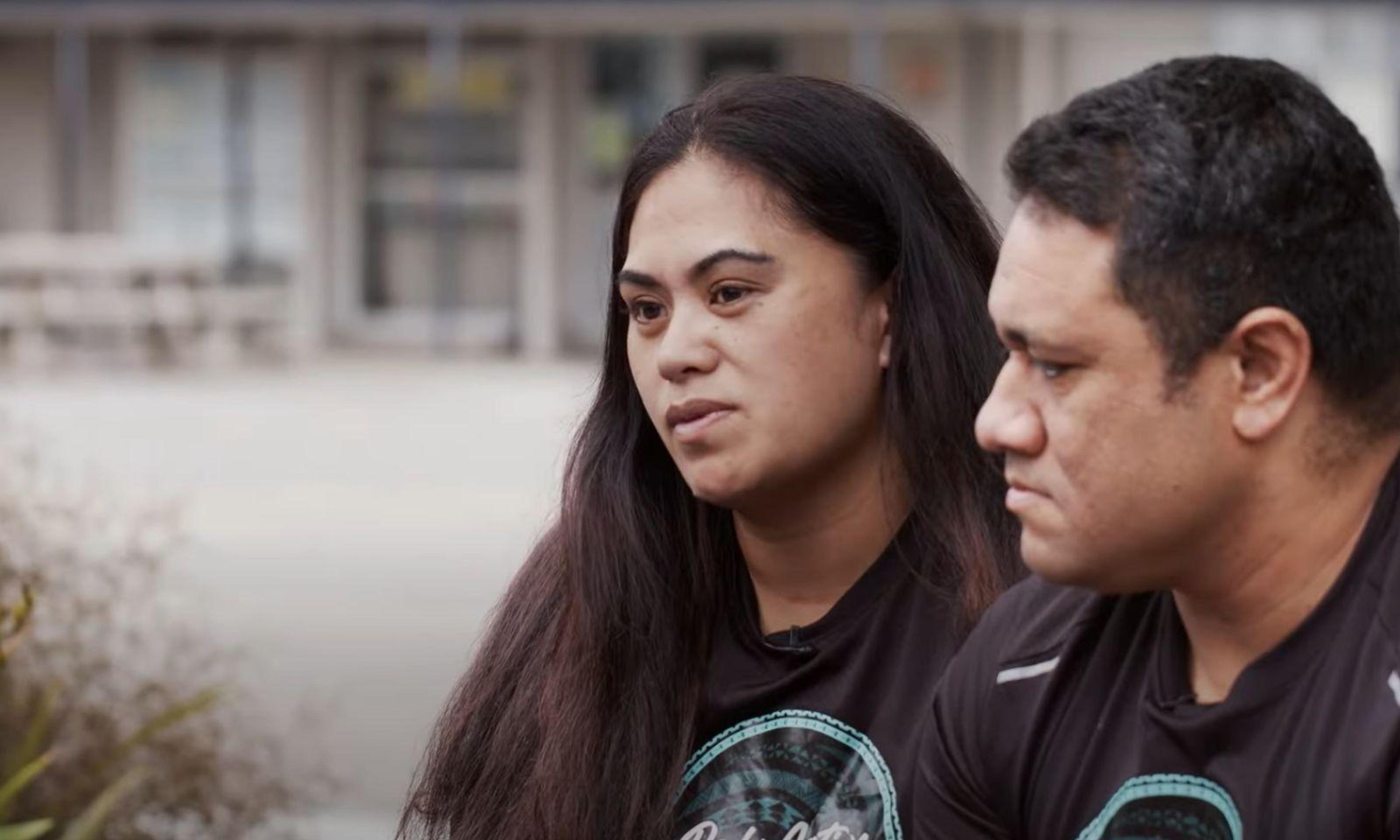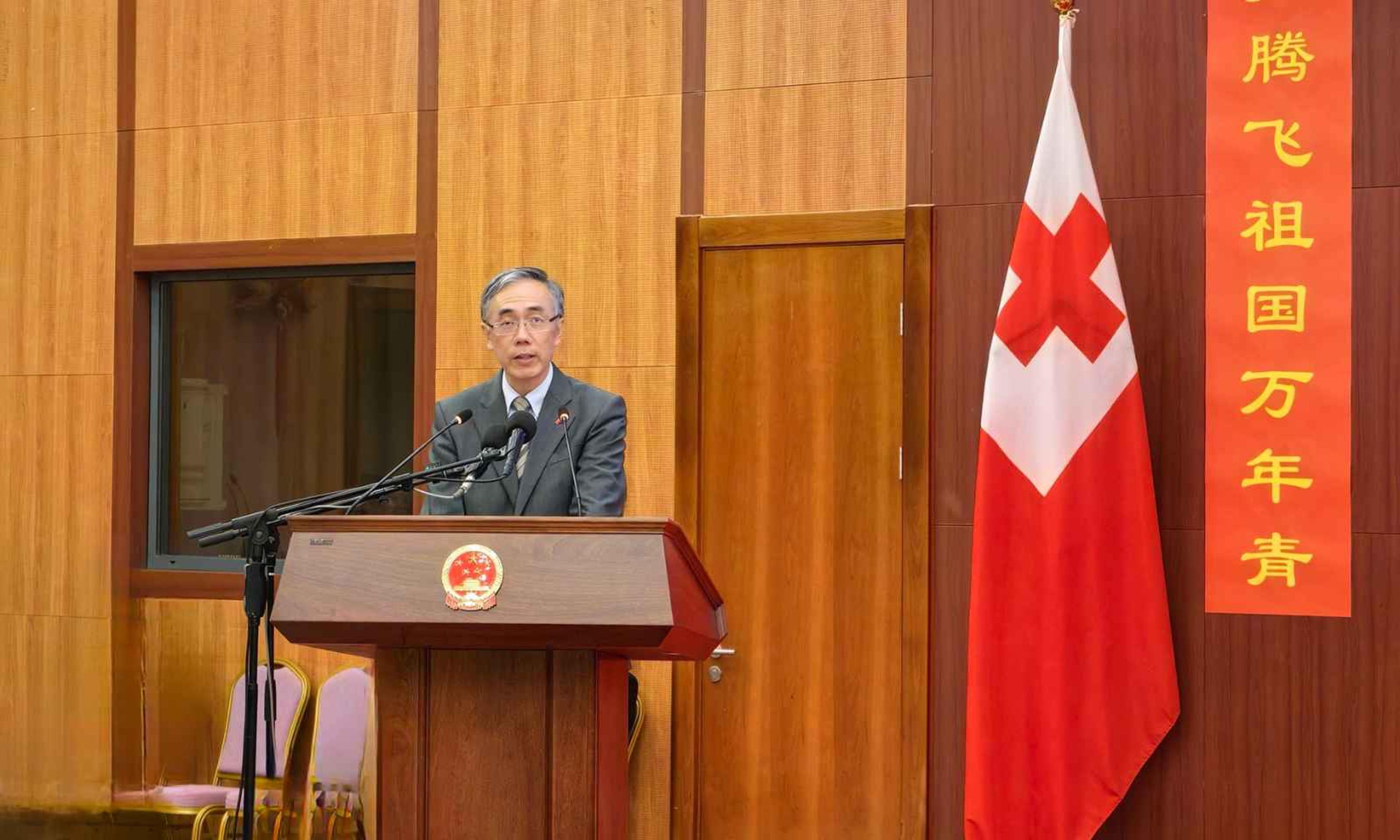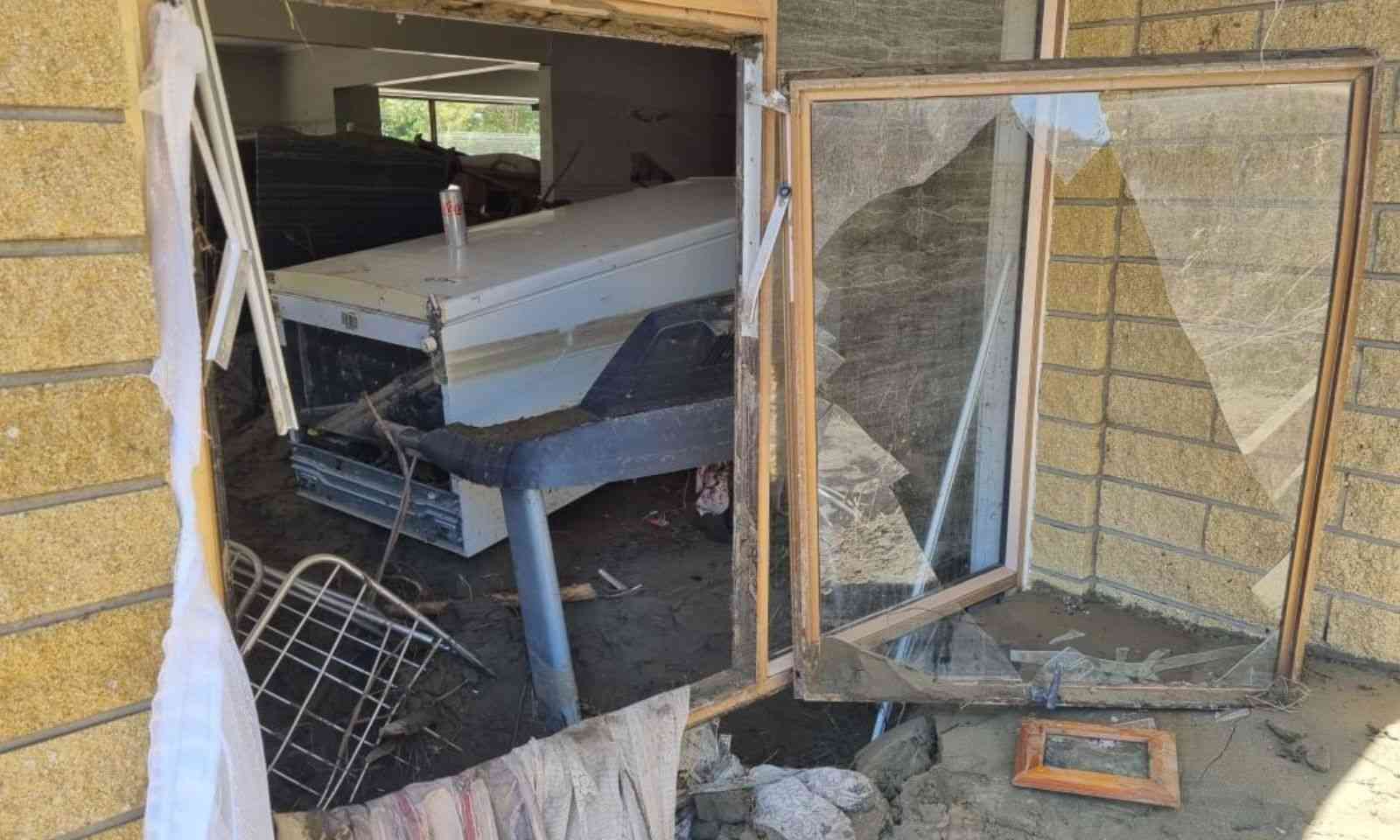

Sharon and Vili Malaitai co-founded PolyActive to help their community "the Pacific way".
Photo/Sport Hawke's Bay
Hawke's Bay Pacific leader reflects on the long term toll of Cyclone Gabrielle
A year on and 11 lives lost, PolyActive co-founder Sharon Malaitai shares how they've been helping Pacific community bounce back after one of NZ's worst weather events.


China rejects claims of Pacific Islands Forum interference amid Solomons’ partner ban

Advocates call for balanced constitutional reform as Fiji Supreme Court hears major case

Tonga ends dengue outbreak as Sāmoa faces surge in cases

Teachers strike for fair pay and support amid education reforms

China rejects claims of Pacific Islands Forum interference amid Solomons’ partner ban

Advocates call for balanced constitutional reform as Fiji Supreme Court hears major case

Tonga ends dengue outbreak as Sāmoa faces surge in cases
"I think it doesn't hit you until your head hits the pillow."
That's how Hawke's Bay grassroots and community leader Sharon Malaitai describes her experience of helping her community get back on their feet from the devastation of Cyclone Gabrielle this time last year.
"When you're faced with someone that needs help I think your focus is on making sure their needs are taken care of," she says.
"I think the adrenaline inside us kept us going. It affected us a lot mentally."
Malaitai co-founded the grassroots initiative PolyActive in 2021 with her partner Vili Malaitai and personal trainer Cilla Tuala-Fata, aiming to deliver services to uplift Pacific communities in her area..
During Cyclone Gabrielle her and her team helped people clear debris and support stranded RSE workers with finding accommodation.
Known as one of the worst weather events of the century, Cyclone Gabrielle claimed 11 lives in the aftermath of flooding and landslides in the region with the youngest victim being just 2-years-old.
Malaitai says witnessing the grief of the impacted families still affects her and her community.
"It's still very emotional to talk about. Losing someone, especially when things could've been prevented is very emotional.
"Being amongst the families that lost their families ... it's a bit of a moment to think about."

Flood damage in the Esk Valley in Hawke’s Bay. Photo/RNZ: Tess Brunton
'Nothing new' in the Islands
She also says the affected RSE workers took it especially hard being far from home.
"They were cold, scared, shaking and crying.
"In the Islands it's nothing new when you're preparing for a cyclone but what they weren't used to was being alone.
"In Sāmoa they would've been prepared but in a foreign place where no one speaks your language it's a little bit more difficult."
She says cultural competency was one of their most important services as some marae were not as culturally knowledgeable with RSE workers from the islands as they were.
"They called upon us to help make the place feel like home."
Using their networks the team rallied the help of language speakers from across the Islands to improve communication.
She says cultural competency also helped with clearing the air around the Red Cross's donated food getting rejected by some of the workers.
"I remember vividly they brought heaps of lentils and they didn't know how to cook it."
Malaitai says they refused the lentils so that others in need who knew how to cook it could have it, but by doing so, came off as ungrateful rather than uninformed, especially under the stressful circumstances.
"That's when I had to explain to them that they would rather someone that knows how to cook it eats it. So they went without it and just had rice."
Malaitai says when her organisation was called upon for community support, it took only a few hours before they were "flooded with donations".
"From people that could give. We know everyone's in a position where we all need something," Malaitai says.
She says once their support stablised and expanded thanks to makeshift bridges reconnecting the region, their eyes were opened to just how far the cyclone's destruction reached.
"That really affected us, emotional and teary every day.
"But it was the smiles on their faces that got us through. God really got us through those times."
Moving forward for Hawke's Bay
Today most of the impacted families were able to claim insurance and get back on track, but some were not so fortunate.
"They're still struggling day-to-day to rebuild their lives and that's where PolyActive comes in.
"We've now seen ourselves parking into areas such as wellbeing and welfare.
“We are still serving families in need of essential items such as furniture, food, clothing and other home goods to help get them back on their feet."
Malaitai implores people to remember a disaster like this may not be the last in Aotearoa.
"Make some little goals to prepare your family, have an evacuation plan, financial plan and have everything in place so when you go through a crisis like this you feel at ease and are able to help others."
Watch the full interview with Sharon Malaitai from 531pi's Facebook page below: